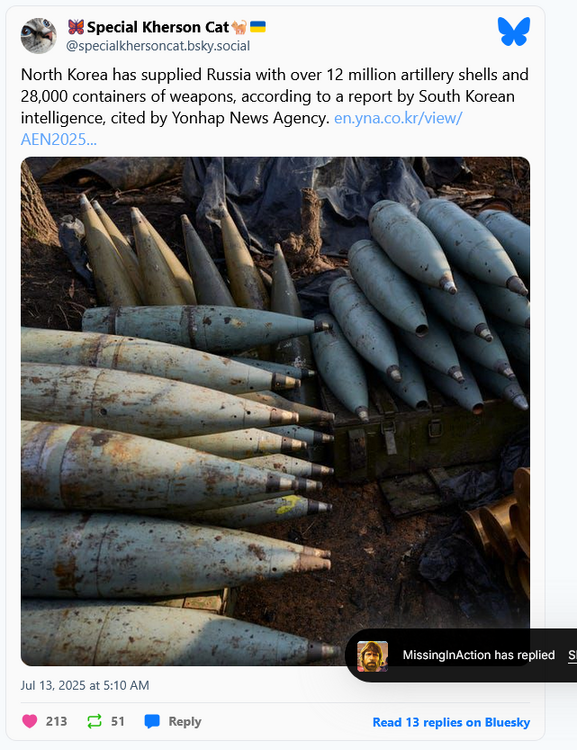Shark Chases Teen to Land After Mauling Him Off Popular Beach
July 12, 2025 by David Jones
A 16-year-old boy was severely injured in a shark attack off the coast of Cabarita Beach in Bogangar, New South Wales, Australia. The incident occurred on a Sunday afternoon, just before 4 p.m., and was captured on video, showing the nearly 7-foot shark racing towards the shore behind the teenager.
The shark inflicted severe injuries on the right side of the boy’s body, including his leg, hand, and arm. As the shark continued to lurk nearby, bystanders rushed to the boy’s aid. The video footage shows the shark’s fin visible in the water, adding to the chilling scene.
In a heroic act, a good Samaritan punched the shark, keeping it at bay while others carried the injured teen to safety. Using a surfboard as a makeshift stretcher, they managed to transport the boy away from the dangerous situation.
An off-duty paramedic from Queensland was among the bystanders and quickly applied a tourniquet to the boy’s wounds to stop the bleeding. The boy’s condition at the time was not clear, but he had received immediate medical attention even before the lifeguards arrived at the scene.
Stephen Pearce, CEO of NSW Surf Lifesaving, spoke to the Australian Broadcasting Corporation about the incident. He was unsure if the boy was with friends at the time of the attack, but noted that a tourniquet had already been applied to the injured limbs by the time their lifeguards reached him.
Following the initial treatment, paramedics arrived and airlifted the teenager to Gold Coast University Hospital. He was reported to be in serious but stable condition.










